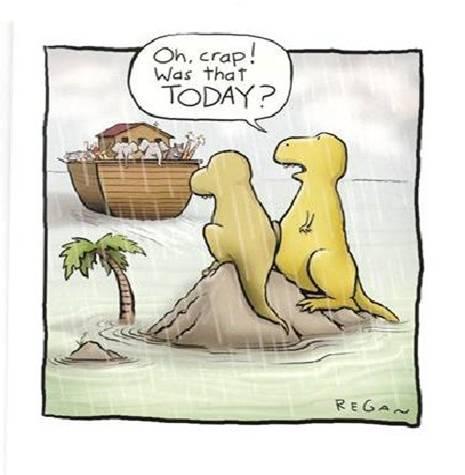Myth Nine: Since we
are saved by grace through faith, God will not hold us responsible for what we
do with our money after our conversion.We will not be saved or lost by our deeds, or misdeeds.
This is false, and but a variant of the notion that since
salvation is by grace, there is no accountability for deeds of any kind done
after conversion. Of course this is a direct contradiction to texts like 2 Cor.
5 which remind that we Christians must all appearance before the judgment seat of Christ
to give an account of the deeds we have done in the body. This is even more clear in the parable of the
sheep and the goats where Jesus accosts his own disciples for not visiting him
in prison, feeding him and the like, and then says “inasmuch as you have not
done it to the least of these, you haven’t done it to me’. Jesus identifies with the plight of the poor
and needy, and expects us to do so as well. In other words, what we do with money and wealth and our prosperity can indeed imperil our final salvation, as well as our rewards in the kingdom. There is such a thing as moral apostasy. Go back and read Gal. 5.19-21 where Paul tells us that those Christians and non-Christians who follow a pattern of life such that envy and selfish ambition and theft characterize one’s life will not enter the final Kingdom of God when it comes on earth. Are you listening conspicuous consumers? John Wesley once reminded us that when we spend money on egregious luxury items we are stealing food from the mouths of the poor and clothes from the needy.
Think on these things.


